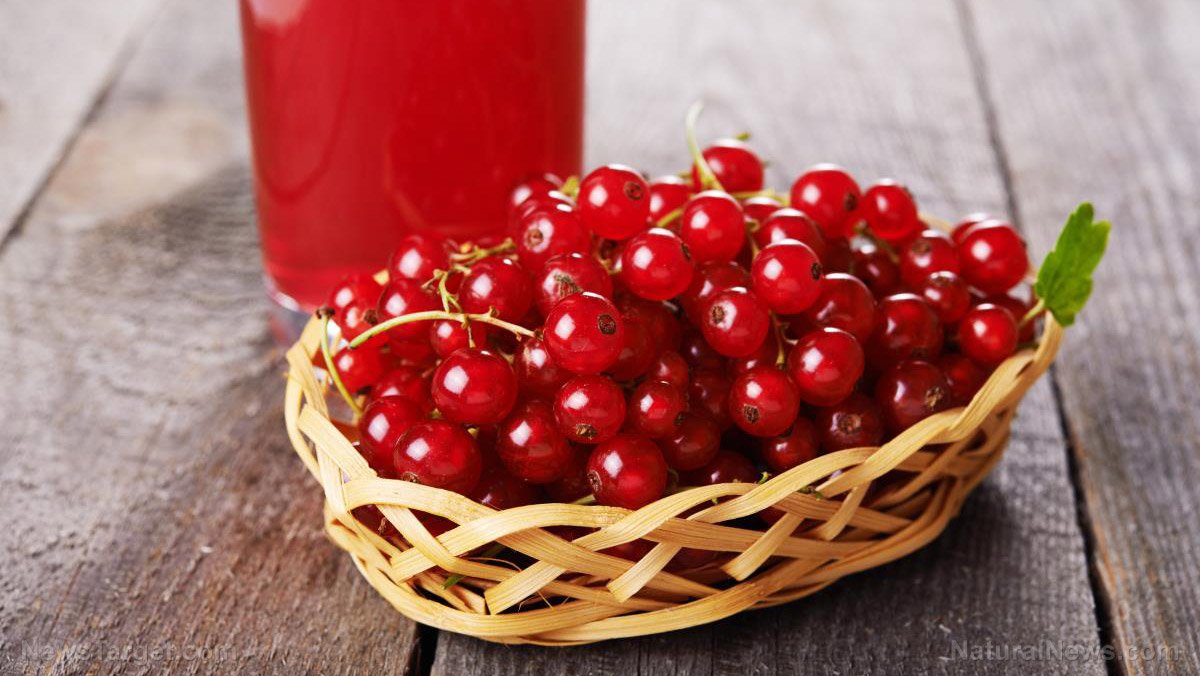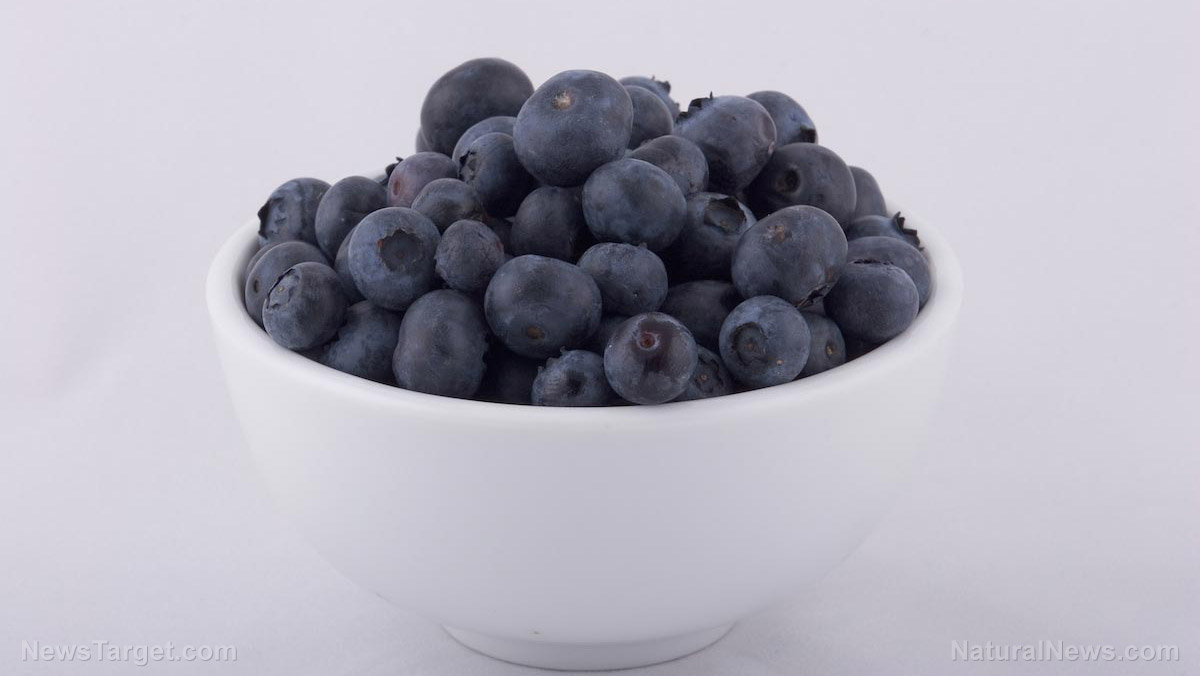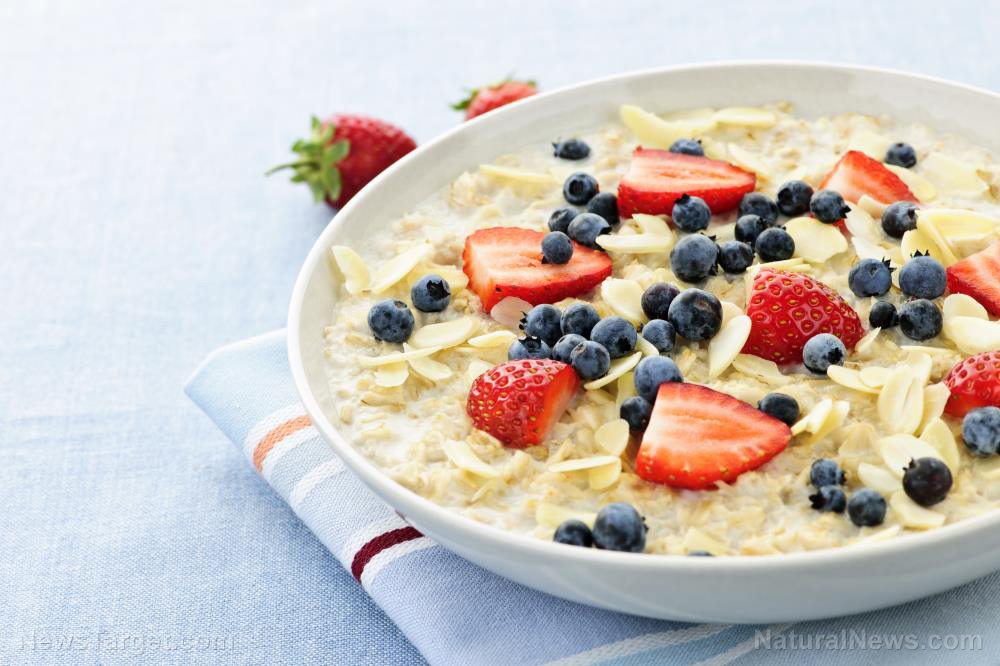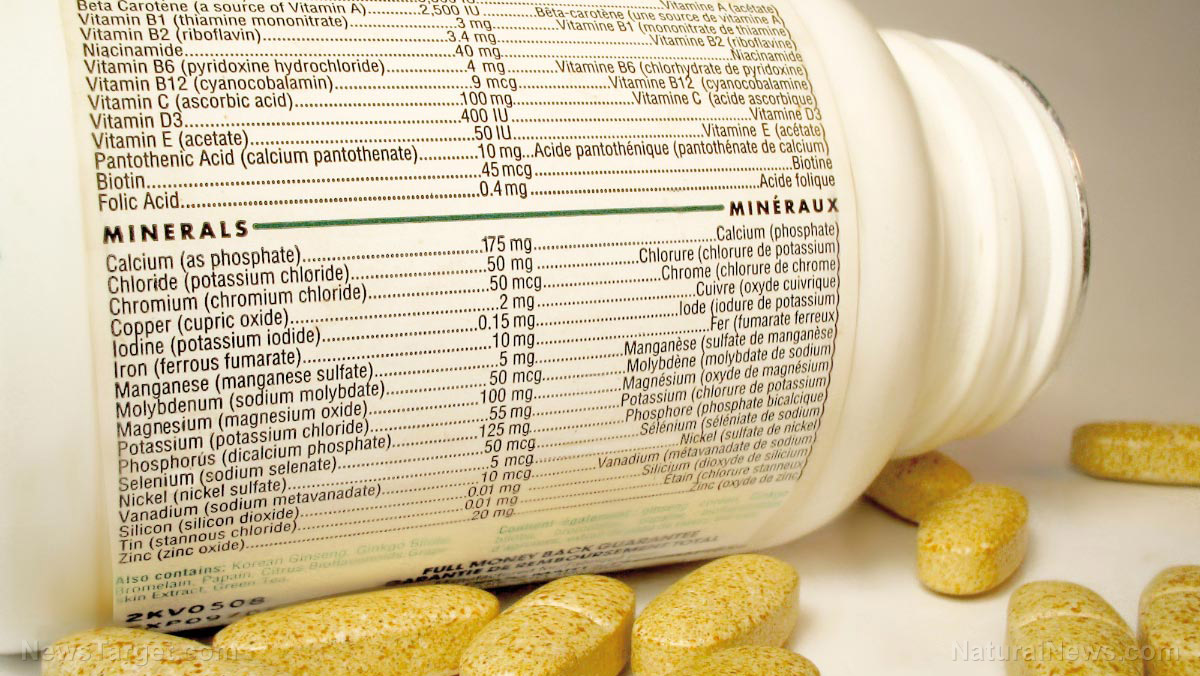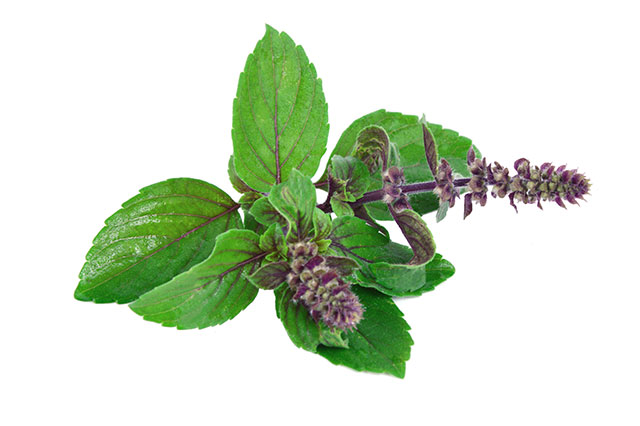Berries are some of the best anti-cancer foods you’ll ever find
11/16/2018 / By Isabelle Z.

If you’re constantly on the lookout for ways to reduce your cancer risk, welcome to the club. With so many different types of cancer to worry about and so few safe and effective treatments, prevention really is better than cure. Most natural foods possess anti-cancer benefits to some degree, but if you want to get the most benefits, you should head straight for the berry aisle at your grocery store or farmer’s market.
Your first clue that berries possess remarkable properties is their color. Many fruits that are deep purple, red and blue get their shade from anthocyanins. These powerful antioxidants help fight free radicals and curb the oxidative stress and inflammation at the heart of many types of cancers as well as degenerative diseases.
While they boast a lot of useful benefits, like preventing the buildup of plaque in arterial walls that can lead to heart disease, anthocyanins’ crowning achievement is their ability to prompt various types of cancer cells to kill themselves. They also have the power to interfere with tumors’ abilities to resist chemotherapy, helping make this often-ineffective treatment that much more useful.
It’s no surprise, then, that acai berries, with their incredible antioxidant content, have been shown in studies to inhibit cancer. They can be especially useful when fighting colon cancer; a study in the Journal of Agricultural and Food Chemistry found that acai could suppress the growth and reproduction of colon cancer cells in humans by a remarkable 90 percent.
That doesn’t mean you should seek acai at the expense of other berries, however. Bilberries might not be as glamorous as other superfoods, but they are still worthwhile, especially in those who have breast or intestinal cancer cells as studies have shown they can cause cell death in these cancers. Also known as the European blueberry, they are like smaller versions of the typical blueberry and can be used in any way you would use the more familiar fruit.
Another more obscure berry, the chokeberry, puts many other fruits to shame. According to a 2012 study in Oncology Reports, the berries were able to cause malignant brain tumor cells to die. That study looked at the combination of these berries and curcumin. While curcumin fared well when it came to inducing cell death, chokeberries were completely lethal to the cancer cells while also inhibiting the expression of genes that help cancer to spread.
Raspberries, meanwhile, offer a double-pronged approach to fighting cancer. In addition to their high anthocyanin content, they also have a high amount of ellagitannins, enabling them to limit colon cancer cells’ invasiveness and spur cell death in prostate, breast, oral and cervical cancer. Ellagic acid attacks cancer from several angles, acting not only as an antioxidant but also helping to slow cancer cell reproduction and deactivate carcinogens.
Berries’ benefits extend beyond their antioxidant abilities
The American Institute for Cancer Research points out that berries are also excellent sources of vitamin C, which has been shown to help protect against esophageal cancer. They also contain a lot of fiber, which can lower your risk of colorectal cancer.
When you consider all these benefits, combined with the fact that berries happen to be delicious, it might be tempting to get as much of them into your system as possible. Eating berries is unlikely to hurt you, unless you happen to be allergic to them. However, it’s important to keep in mind that berries contain astringent tannins, so taking high doses of very concentrated berry extracts could be damaging over time. Use common sense and talk to a naturopath if you’re concerned about striking a healthy balance.
Sources for this article include:
Tagged Under: acai berries, anthocyanins, anticancer, antioxidants, berries, bilberries, Blueberries, cancer, Chokeberries, grocery, grocery cures, natural remedies, prevention, Raspberries



